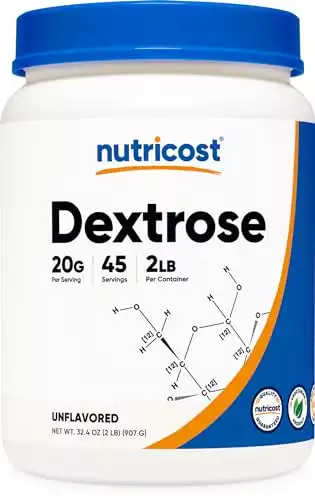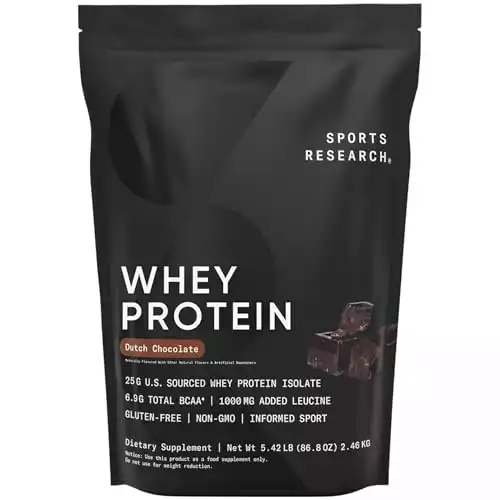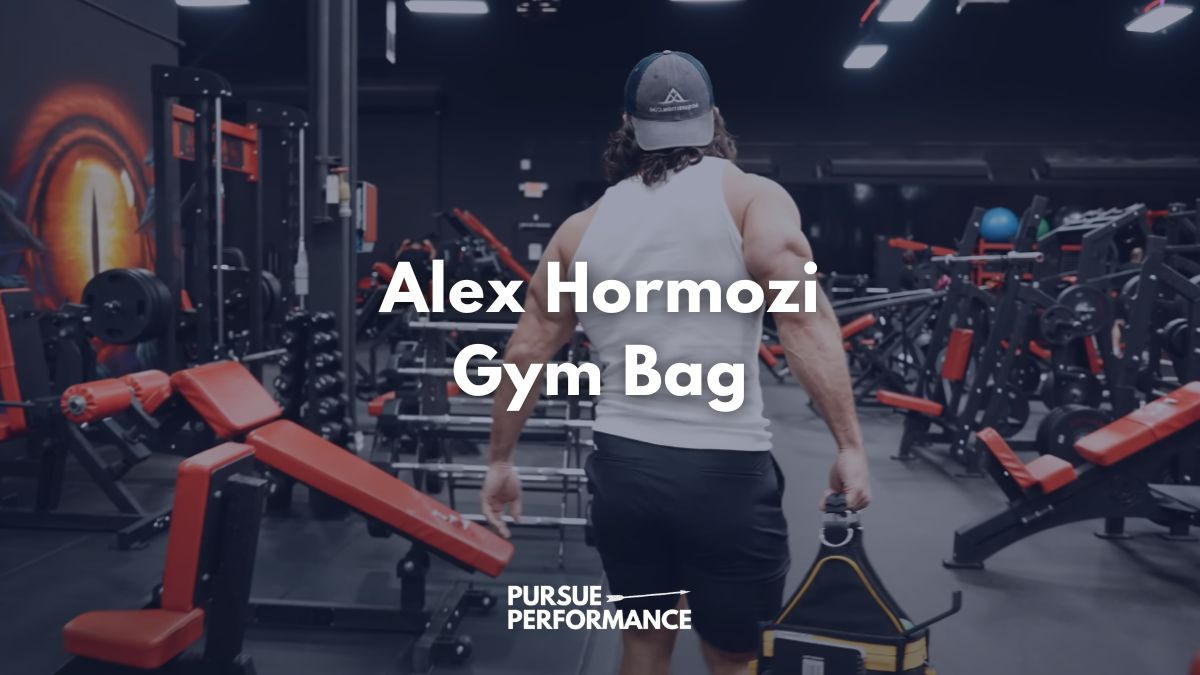One aspect of Sam Sulek’s regimen getting more attention is his use of dextrose or cluster dextrine, particularly in his intra- and post-workout shakes.
In this post, we’ll take a deep dive into Sulek’s rationale for using dextrose, the science behind it, and how you can optimize your own supplement protocol for muscle growth.
Top Picks
Sam’s Choice: HOSSTILE Intra[R3]
Best Value: Nutricost Dextrose Powder
Protein: Sports Research Whey
Sam Sulek Dextrose
Dextrose, also known as glucose, is a simple sugar derived from corn or wheat. It is chemically identical to blood glucose, the body’s primary energy source.
After a hard training session, muscle glycogen (stored glucose) is depleted. The liver is also drained of glucose.
- Formulated with Cluster Dextrin and Dextrose
- Full spectrum of all 9 essential amino acids
- Enhanced with vitamin B5 for optimal carbohydrate utilization
By quickly ingesting dextrose after a workout, it can be rapidly shuttled back into the muscles and liver to restore energy levels.
Sam Sulek reportedly consumes around 50-100 grams of dextrose or cluster dextrin (a similar product) in his post-workout shake, along with protein powder.
- Pure Dextrose, no additional ingredients
- Best value for carbs to dollar
This is an important part of Sam Sulek’s diet and helps kick-start the recovery and growth process by spiking insulin levels.
Insulin is a highly anabolic hormone that helps drive nutrients into muscle cells.
As Sulek explains in a video with bodybuilder Fouad Abiad:
“If I’m trying to gain weight I mean that’s 200 calories right there…I definitely think there’s maybe a marginal energy strength increase but…if I was trying to dial it down I mean this would be zero cals…I don’t love drinking my calories if I’m trying to lose weight I’d rather eat 50 grams of rice before the workout.”
Sam Sulek Dextrose Science

Research supports that consuming a fast-digesting carb source like dextrose, along with protein, enhances post-workout recovery and muscle protein synthesis compared to protein alone.
The insulin spike from the quick carbs helps shuttle amino acids and glucose into muscle cells to repair damage and replenish energy stores.
However, total daily carb and calorie intake are likely more important for muscle gain than spiking insulin levels with sugary drinks.
Resistance-trained athletes can usually maximize muscle growth by consuming 1.6-2.2 grams of protein per kg of body weight daily and getting the majority of their calories from complex carbohydrates.
Proper pre- and post-workout nutrition is still important, but chugging syrup isn’t the only way to get it.
Optimizing Your Own Supplement Strategy

So should you follow Sam Sulek’s lead and down 100 grams of dextrose after every workout?
Not necessarily.
While fast carbs post-workout can enhance recovery, you don’t need to mega-dose.
Even 20-40 grams of dextrose, sucrose, or another high-glycemic carb should do the trick if consumed with around 20-40 grams of a complete protein.
Also consider your overall diet and goals.
If you’re in a bulking phase and have a high calorie target, liquid carbs can help you reach it.
But if you’re aiming to stay lean, you may prefer to get your post-workout carbs from whole food sources like fruit, rice, or potatoes.
It’s still wise to have a post-workout shake with protein and some fast carbs, but huge doses aren’t essential.
One advantage of products like dextrose and cluster dextrin is they are easy on the stomach and quickly digested, making them ideal during or after training.
The key is to have some quick carbs and protein within about 30-60 minutes of hard training.
Sulek also uses an intra-workout (during training) shake with cluster dextrin for energy and pumps.


![HOSSTILE Intra[R3] Intra Workout Powder, Intra Workout Carb, EAA & BCAA Drink](https://pursueperformance.com/wp-content/uploads/2024/04/41jD9r5ms1L._SL500_.webp)






